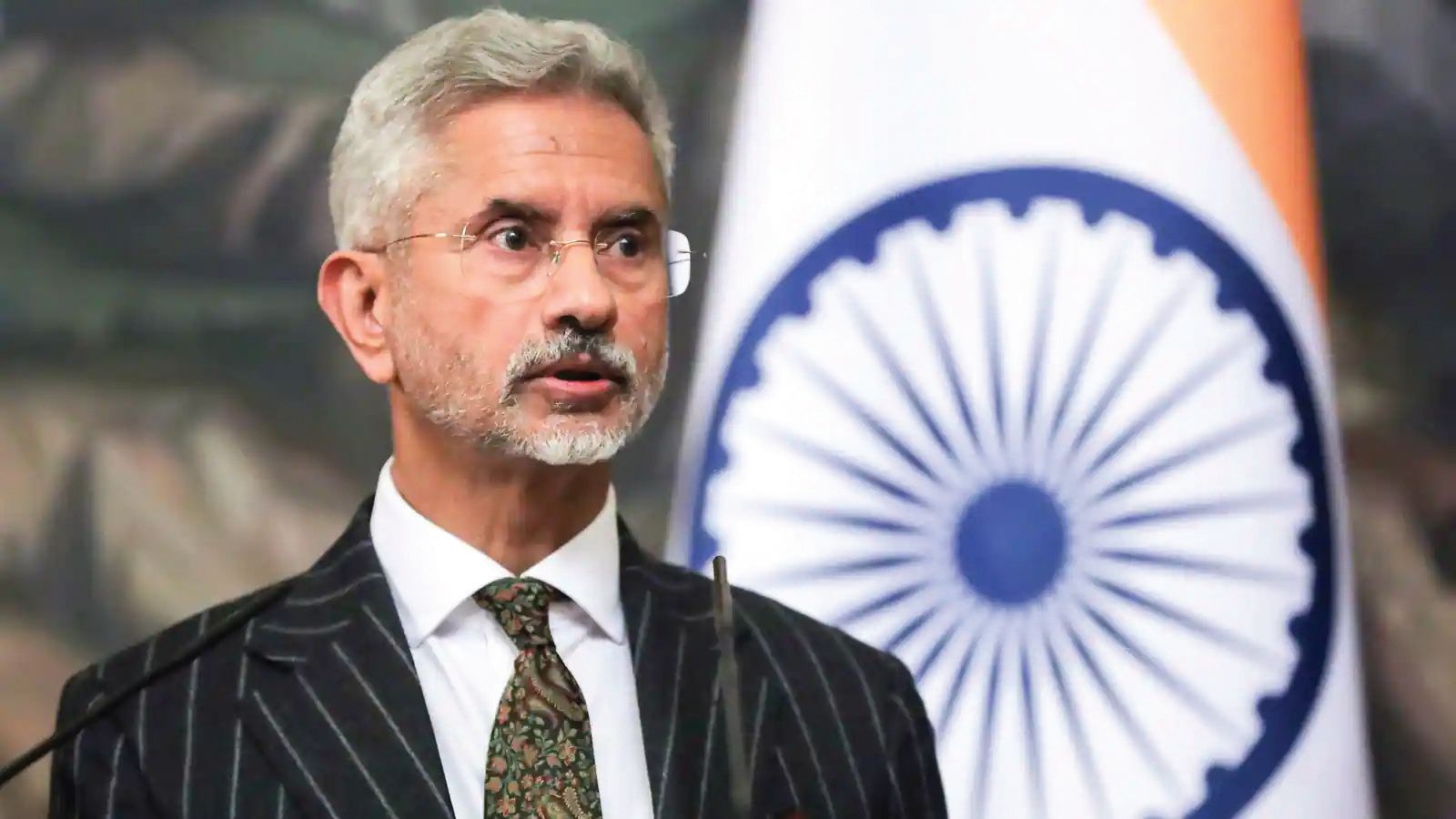



Two major security alliances held summits in July. The Shanghai Cooperation Organization (SCO) met in Astana, Kazakhstan, on July 3-4, to discuss mutual cooperation. A week later, the North Atlantic Treaty Organization (NATO) met in Washington, D.C., on July 9-11 to celebrate 75 years of militarism [3ac1af42].
The NATO summit focused on demanding Russia, China, Iran, and the Democratic People’s Republic of Korea (DPRK) sever ties with each other. The NATO Summit Declaration blamed China, Iran, and the DPRK for its failing military efforts in Ukraine. It also threatened Iran, the DPRK, and Belarus for fueling and providing direct military support to Russia. The declaration reflected a confrontational stance and highlighted NATO's expansion from 12 original countries to 32 member states [3ac1af42].
In contrast, the SCO summit emphasized energy cooperation, cross-border transportation corridors, gas pipelines, and equitable trade. The SCO member states criticized unilateral sanctions and trade restrictions that undermine the multilateral trading system and impede global sustainable development. The SCO was originally formed as a defensive alliance of countries in Eurasia to restrict the incursion of U.S. military bases into their region. The Belt and Road Initiative, initiated by China in 2013, offers infrastructure possibilities and an alternative to subservience to imperialist financial enslavement [3ac1af42].
The meeting between External Affairs Minister S Jaishankar and his Chinese counterpart Wang Yi at the SCO summit in Astana focused on stabilizing the situation along the Line of Actual Control (LAC) and rebuilding trust between India and China. Both ministers agreed to utilize diplomatic and military channels to restore border peace. The meeting is seen as a significant step in the ongoing efforts to de-escalate tensions between the two nations [1537a3e2].
External Affairs Minister S Jaishankar emphasized that the fight against terrorism, separatism, and extremism is a priority in the SCO. He called for the identification and punishment of the perpetrators, facilitators, financiers, and sponsors of terrorism. Jaishankar praised Kazakhstan for negotiating an updated program to combat terrorism, separatism, and extremism, which was adopted at the SCO summit. He also highlighted the importance of combating drug trafficking, which is closely related to terrorism and stability in Afghanistan. The SCO member states unanimously recognized the need to improve mechanisms to counter security challenges and threats, expand specialized cooperation, and combat transnational organized crime [7125efab].
The SCO summit, held in Astana, aims to review the organization's activities, discuss multilateral cooperation, and address global issues. The summit provides a platform for member countries to engage in dialogue and strengthen regional cooperation. India and China's participation in the summit reflects their commitment to regional stability and cooperation. The meeting between Jaishankar and Wang Yi on the sidelines of the summit further demonstrates their willingness to engage in constructive dialogue and find peaceful solutions to the border tensions [79b591d7], [1537a3e2].